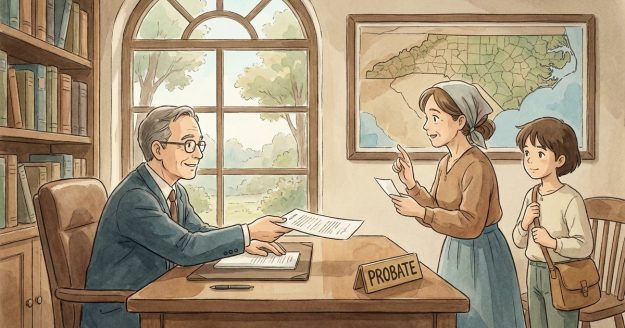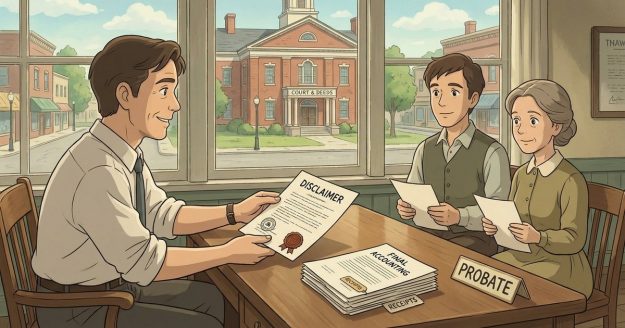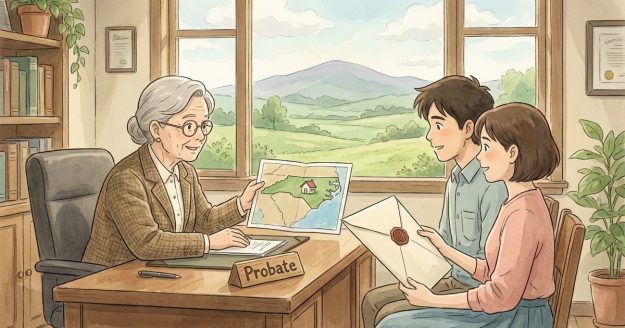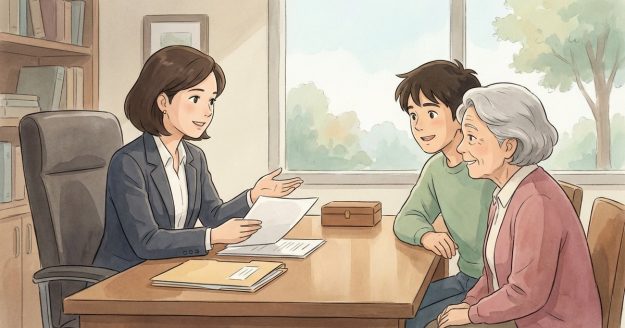How do I open an estate with no will and get appointed as the administrator when the estranged spouse is pressuring me for keys and items right now? NC
How do I open an estate with no will and get appointed as the administrator when the estranged spouse is pressuring me for keys and items right now? – North Carolina Short Answer In North Carolina, when someone dies without a will, a personal representative (called an “administrator”) must be appointed by the Clerk of…











